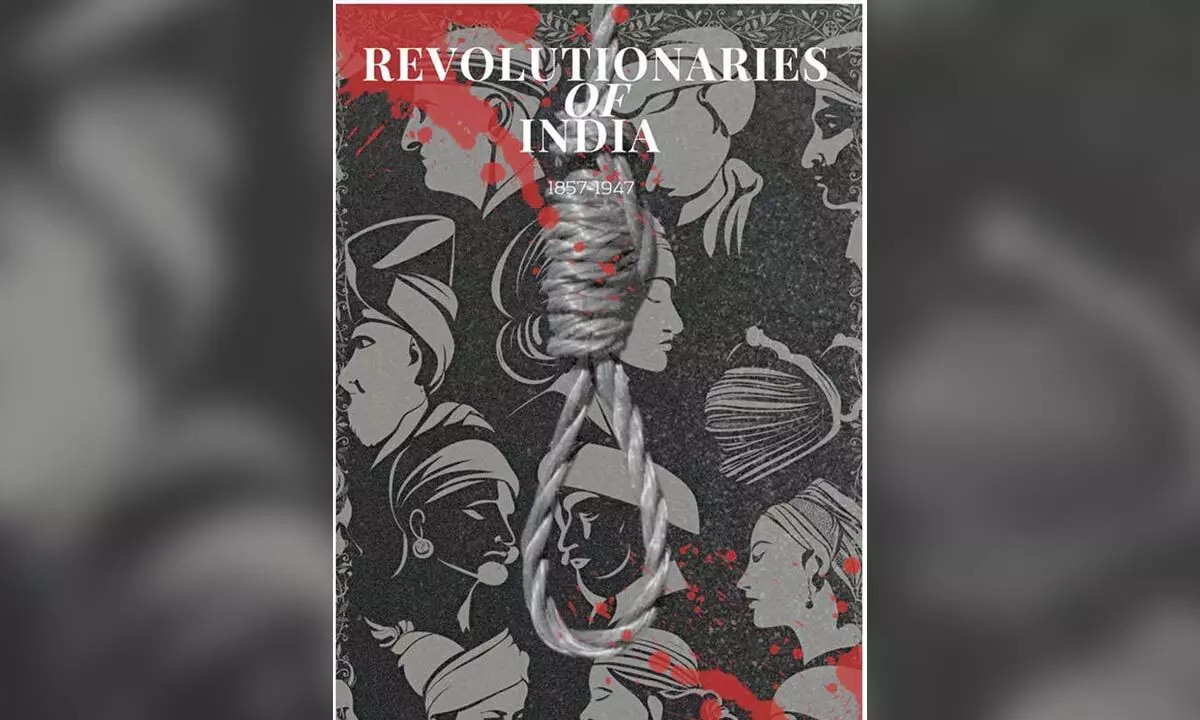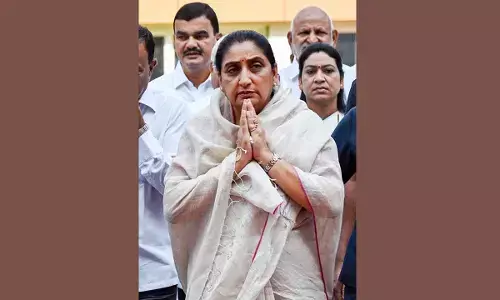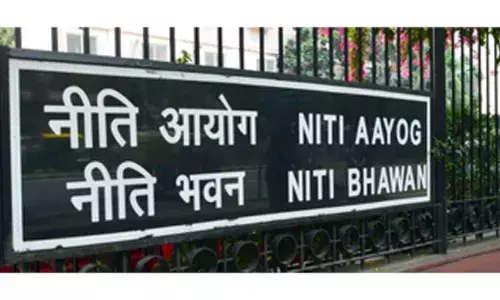A tribute to unsung heroes

The history of India’s freedom struggle finds its roots in the great uprising of 1857, a defining moment marked by revolutionary legends like Mangal Pandey, Tatya Tope, and Rani Laxmi Bai.
The history of India’s freedom struggle finds its roots in the great uprising of 1857, a defining moment marked by revolutionary legends like Mangal Pandey, Tatya Tope, and Rani Laxmi Bai. These heroes, akin to the Phoenix rising from ashes, sowed the seeds of India’s freedom, inspiring generations that followed. This new book, ‘Revolutionaries of India 1857-1947’, compiled by Ravi Valluri and Lakshmi Valluri, brings to light the lives of unsung patriots who remained steadfast in their resolve for independence despite daunting adversity.
This compilation, featuring contributions from forty writers across India, is a profound tribute to both well-known and forgotten revolutionaries whose sacrifices shaped India’s history. As readers journey through these pages, they are invited to reflect on the valour of countless freedom fighters who risked their lives yet remain largely unknown.
The narrative uncovers the hidden stories of individuals like Chittu Pandey, who liberated Ballia district before India’s formal independence, and brave women like Uda Devi, Badal, and Binod, whose contributions have long been overlooked. By highlighting these figures, the book insists on a re-examination of our historical narrative.
‘Revolutionaries of India 1857-1947’ stands out not only for its patriotic essence but also for challenging gender norms that historically relegated female revolutionaries to the background. Through chapters like “Rukmini Lakshmipathi” by Ishwar Achanta, “Bengali Women and the Freedom Movement, The Forgotten Tigresses” by Dr Arpita Dutta Sutradhar, and “A Symbol of Resilience and Sacrifice” by Kamalika Mazumder, the book poignantly brings to life the courage of women warriors. This work celebrates their contributions alongside those of their male counterparts, breaking through the patriarchal biases that have shaped mainstream history.
The lucid, compelling prose of ‘Revolutionaries of India 1857-1947’ ensures an engaging read that resonates deeply with both students and history enthusiasts. It is an indispensable addition to the academic curriculum, inspiring a renewed appreciation for the diverse cast of revolutionaries who helped achieve India’s independence.




